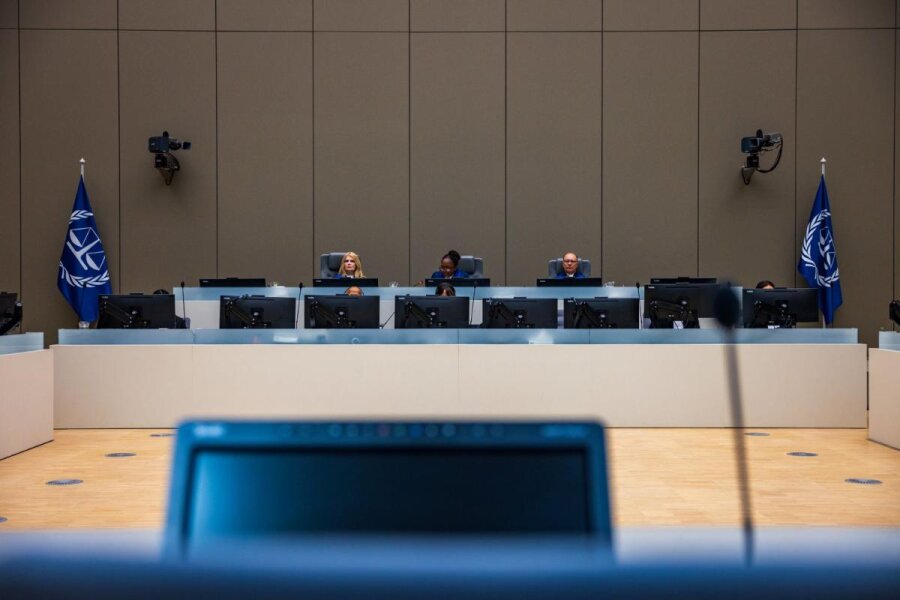The International Criminal Court (ICC) concluded a historic three-day confirmation of charges hearing against fugitive Lord's Resistance Army (LRA) leader Joseph Kony, marking the first time the court has held such proceedings in the absence of the suspect. The hearing, held before Pre-Trial Chamber III in The Hague, represents a critical test of a novel legal procedure designed to advance cases against long-term fugitives and preserve evidence for a potential future trial. Joseph Kony, for whom an arrest warrant was issued in 2005, is suspected of 39 counts of war crimes and crimes against humanity allegedly committed in northern Uganda. The charges include murder, enslavement, sexual slavery, rape, torture, and intentionally directing attacks against civilians. During the hearing, the prosecution presented evidence to establish that there are substantial grounds to believe Kony committed the alleged crimes. The Chamber also heard submissions from the legal representatives of victims and from a court-appointed defense counsel representing Kony's interests in his absence. The legal basis for the in absentia hearing is found in the Rome Statute, which allows for such proceedings under specific and exceptional circumstances.
In this case, the Chamber had previously determined that Kony is a person who "cannot be found" and that all reasonable steps had been taken to secure his appearance and inform him of the charges. The purpose of the hearing is not a trial, but for the judges to determine if the prosecution's evidence is sufficient to commit the case to a Trial Chamber. The Pre-Trial Chamber now has 60 days to deliberate and issue a written decision. The judges may confirm all or some of the charges, decline to confirm the charges and stop the proceedings, or adjourn and request further evidence from the prosecutor. If the charges are confirmed, the case will be transferred to a Trial Chamber, but a full trial cannot commence unless Kony is arrested and present in court, as the ICC does not conduct trials in absentia.
The significance of this hearing extends beyond the Kony case. It establishes a crucial precedent for the ICC in dealing with suspects who have evaded justice for years. By allowing the confirmation of charges to proceed, the court can formally review and preserve the evidence against a fugitive, ensuring that it is not lost over time due to the death of witnesses or the degradation of materials. It also provides a measure of progress for victims who have waited nearly two decades for accountability. The successful conclusion of the hearing demonstrates that the court has a viable, albeit limited, legal pathway to move cases forward even when suspects remain at large, preventing them from indefinitely paralyzing the judicial process through evasion.
Source: CPI-ICC



